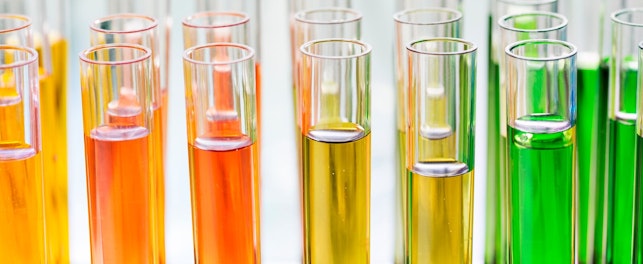SG 185/24
Switzerland has amended the nation’s positive list for food contact plastics and packaging inks. These will become effective on January 1, 2025.
On December 9, 2024, Switzerland published Official Collection 2024 755 (RO 2024 755) to update two annexes in the nation’s Ordinance on Materials and Articles Intended to Come into Contact with Foodstuffs (RS/SR 817.023.21).
These two annexes are:
- Annex 2 ‘List of permitted substances for the manufacture of plastic materials and articles and related requirements’ (Edition 3.2)
- Annex 10 ‘List of permitted substances for the manufacture of packaging inks and related requirements’ (Edition 3.2)
Highlights of important changes in these two annexes, when compared to their (previous) Edition 3.1 versions, are summarized in Table A.
| Annex to RS/SR 817.023.21 (Edition 3.2) | Highlights of changes |
| Annex 2 ‘List of permitted substances for the manufacture of plastic materials and articles and related requirements’ | Table 1 ‘List of substances’:
Table 2 ‘Group restriction of substances’
(see Table B below for a comparison of changes between Annex 2 in Editions 3.2 and 3.1) |
| Annex 10 ‘List of permitted substances for the manufacture of packaging inks and related requirements’ | Table 1 ‘List of substances’
Table 2 ‘Group restrictions’
|
Table A
| Substance (No) | Annex 2 to RS/SR 817.023.21 ‘Permitted substances for plastics’, Edition 3.2 | Annex 2 to RS/SR 817.023.21, Permitted substances for plastics’, Edition 3.1 |
| DBP (160) |
|
|
| BBP (168) |
|
|
| DEHP (621) |
|
|
| DINP (3710) |
|
|
| DIDP (3711) |
|
|
Table B.
The strengthened SML for DBP, BBP, DEHP, DINP and DIDP further aligns Annex 2 in the Swiss legislation with those falling under Commission Regulation (EU) 2023/1442, amending Regulation (EU) 10/2011, on food contact plastics in the European Union (SafeGuardS 89/23)
Abbreviations
| Abbreviation | Name | CAS number |
| BBP | Phthalic acid, benzyl butyl ester | 85-68-7 |
| DBP | Phthalic acid, dibutyl ester | 84-74-2 |
| DEHP | Phthalic acid, bis(2-ethylhexyl ester | 117-81-7 |
| DIBP | Diisobutyl phthalate | 84-69-5 |
| DIDP | Phthalic acid, diesters with primary, saturated C9-C11 alcohols, more than 90 % C10 | 26761-40-0 68515-49-1 |
| DINP | Phthalic acid, diesters with primary, saturated C8-C10 branched alcohols, more than 60 % C9 | 28553-12-0 68515-18-0 |
SGS has the expertise to help manufacturers and suppliers of FCM achieve compliance with markets around the globe. Our technical experts have extensive experience of testing materials and articles for many markets. We offer the full range of FCM testing, including migration tests, along with expert advice on emerging regulations, compliance issues and documentation review. Our experience can ensure your products meet the appropriate territorial regulations for food contact materials and help pave the way for compliance. Contact us to know more or visit our website. In the end, it’s only trusted because it’s tested.
© SGS Société Générale de Surveillance SA. This publication or website is a property of SGS Société Générale de Surveillance SA. All contents including website designs, text, and graphics contained herein are owned by or licensed to SGS Société Générale de Surveillance SA. The information provided is for technical and general information purposes only and offers no legal advice. The information is no substitute for professional legal advice to ensure compliance with the applicable laws and regulations. All information is provided in good faith “as is”, and SGS Société Générale de Surveillance SA makes no representation or warranty of any kind, express or implied, and does not warrant that the information will be error-free or meet any particular criteria of performance or quality.





